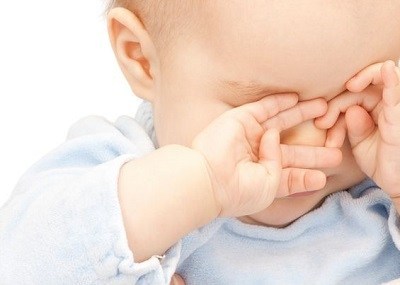Acknowledging your child’s sleep cues

Finding the optimal awake window for each individual child can be nothing short of a science. As we all know, put them to bed before they’re tired enough, and they don’t sleep. Put them to bed when they are overtired, and they don’t sleep either.
Being overtired is one of the biggest contributors to frequent night wakings, short day naps, erratic behaviour (tantrums), and babies and children resisting bed time.
That ‘magical window’ where you optimise your child’s ability to fall asleep (with minimum fuss and/or intervention), and to sleep longer stretches can be a matter of less than 5 minutes. This is why it is so important to observe our children’s tired cues, and act accordingly.
Initial tired cues (get baby to bed now):
- Rubbing eyes
- Yawning
- Red eyebrows
- Glazed eyes/staring into space
- Grizzling
- Loss of coordination/clumsiness (may have more falls, stumbles than usual)
- Loss of interest in what they were doing
- Lack of engagement
- Hiccuping
- Nothing seems to make them happy regardless of changing their environment, activity, or offering comfort
- Clenching fists
- Jerky or sudden movements of arms and/or legs
- Pulling at ears (this can also signal teething or ear infection so best to check with a medical professional if you are uncertain)
- Frowning, or worried look on their face
- Fussiness with food, toys, or activities
Secondary tired cues (you may have missed the window!):
- Arching back/stiffening of their body when you pick them up
- Constant crying and/or screaming
- Burying their heads in your chest
- Tantrums (in older children)
- Some babies and children can become hysterical (crying or screaming as if they are in pain)
Being in tune with your child’s cues requires some attentiveness on your part. If you find you have in fact missed the boat, and your baby or toddler has become overtired, you may just need to be a little patient whilst you help them into a relaxed state for sleep. Certain settling techniques such as rocking, patting or shushing may be useful; as can incorporating some ‘wind down time’ before bed so they are not going to bed overstimulated (dim lights, reading books, cuddles etc.)
